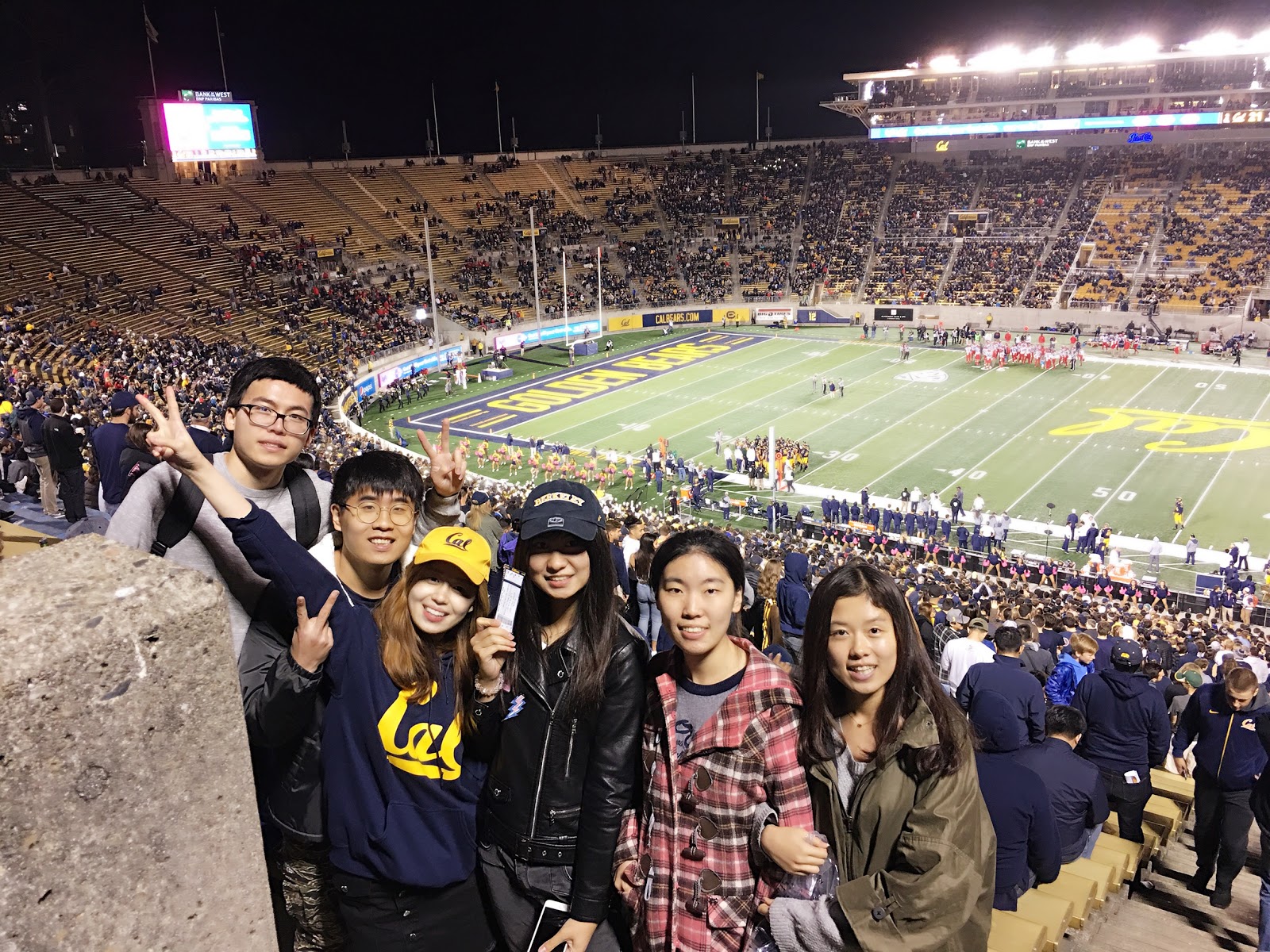Just follow your heart, everything else will fall into place.

Can You Tell Us a Little Bit About Yourself?
I am a 2nd-year Ph.D. student in Environmental Engineering at UC Berkeley. I did my master’s degree also at UC Berkeley and my undergraduate study in the same field at Tongji University in Shanghai.
When and why did you decide to go to graduate school instead of industry?
I did not give it a second thought and went abroad for my master study because I always wanted to study abroad. But I did think twice about my Ph.D. and decided to pursue a Ph.D. degree during the first semester of the master’s year.
After I finished my undergraduate study at Tongji University, I did an internship in an environmental consulting company in Shanghai, during which time I wondered if more challenging and interesting job opportunities would open for me if I had a higher degree. So I decided to pursue my master’s degree in CEE, UC Berkeley. During my master’s study, I found out that there are more things at school that I want to take time and dive deeper to learn before I enter the industry. And that’s when I finally decided to apply to Ph.D. programs, which was actually not very early.
I feel it doesn’t matter if you can’t decide at an early time. Reach out to people for advice and also ask yourself which path you like better. Also, Internships are helpful for deciding future academic or career paths. Lastly, always believe everything will happen at a right time and in the best way!
What is the difference between a master program and a PhD program?
For a Master’s program, it is more course-oriented while a Ph.D. program is more research-oriented. Though in my first year of my Ph.D., I also took a lot of classes, which is useful for my future research. After the first year, I have switched my gears from taking classes to doing research.

What do faculty typically look for in a PhD candidate?
The faculty really values your research experiences and wants to feel that you are motivated in the research and persist in doing research. Personality and mindset really for research is important, ability-wise, students should know more about their research field. Students should be able to do research in their related-field. For example, my professor did a lot of statistical modeling, even though our research has to do with environmental engineering but my professor really cares about my ability to build statistical modeling.
How to get across your motivation to do research? – I talked with my professor a lot in Master’s, communication, chatting with your potential supervisor is really important.
How did you choose your schools? How many schools did you apply to?
For my Master’s, I applied to Berkeley, Stanford, CMU, and Washington state university. I consulted some seniors students and professors about what schools they think are the best for studying environmental engineering, and what are the specialties of their environmental engineering departments. I also googled the professors in these universities for their research and look for anything I am interested in.
How did you prepare and what did you do for your master program application process?
The first thing I did is to choose universities that I would like to apply to and make a chart of their application deadlines. The second thing I did is start writing my personal statement and resume. The third thing was to reach out to professors or internship supervisors for recommendation letters. I also sent them my list of universities, my transcripts, and my personal statement. The last thing was submitting all these materials!
How do you ask for recommendation letters? What to provide your recommendation writers to write a good letter?
From my own experience, usually 3-6 recommendation letters will be required. I think asking professors who are familiar with you and your research is the best. Also, your supervisor during the internship is also a good choice.
Is it okay to have imperfect grades when applying to grad school?
From my supervisor, she said students who have really high GPAs do not necessarily correlate to them being the most suitable for doing research. I think the grad school admissions committee does care more about research experiences or even internship/work experiences than just GPA. The conclusion is that GPA is important, but it is not the final decision.
What happens next after the interview? How do we adjust ourselves during this waiting period (since it is nerve-wrecking)?
You should just relax and chill. I remember I traveled to places during that time. So during the winter break, before you hear about interview invites, you should travel to some places and have some fun with your friends while staying safe of course.
How did you decide where to go ultimately? (Is the research area more important or the people and the atmosphere more important? What is the trade-off?)
I would say my experience of choosing master programs is a little bit special as I was an exchange student in the GLOBE program here at Berkeley during my fourth undergraduate year. So I chose to continue my master’s study here at Berkeley as I like the academic atmosphere here (also I like the weather in California so much!)
